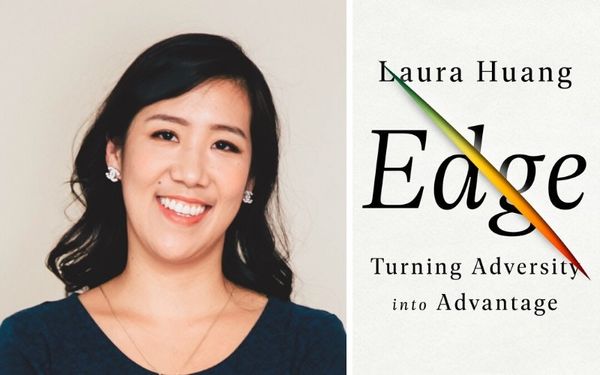Oh hello there,
This is the 49th edition of Making Connections, where we take a random (illustrated) walk down tech, fitness, product thinking, org design, nerd culture, persuasion, and behavior change.
Like what you see? Why not bring someone to the party?
🖼 Falcon and Winter Soldier as Memes
Finished The Falcon and the Winter Solider on Disney+, which follows Sam Wilson, Buck Barnes as they confront their past, try to apprehend a rebel group, and deal with an imposter Captain America named John Walker — all in the backdrop of the most honest and authentic exploration of race in a modern superhero movie/show.
Totally worth watching. And to commentate, I came up with a couple memes from parts of the shoe (mild spoilers)
On what it means to be a good husband
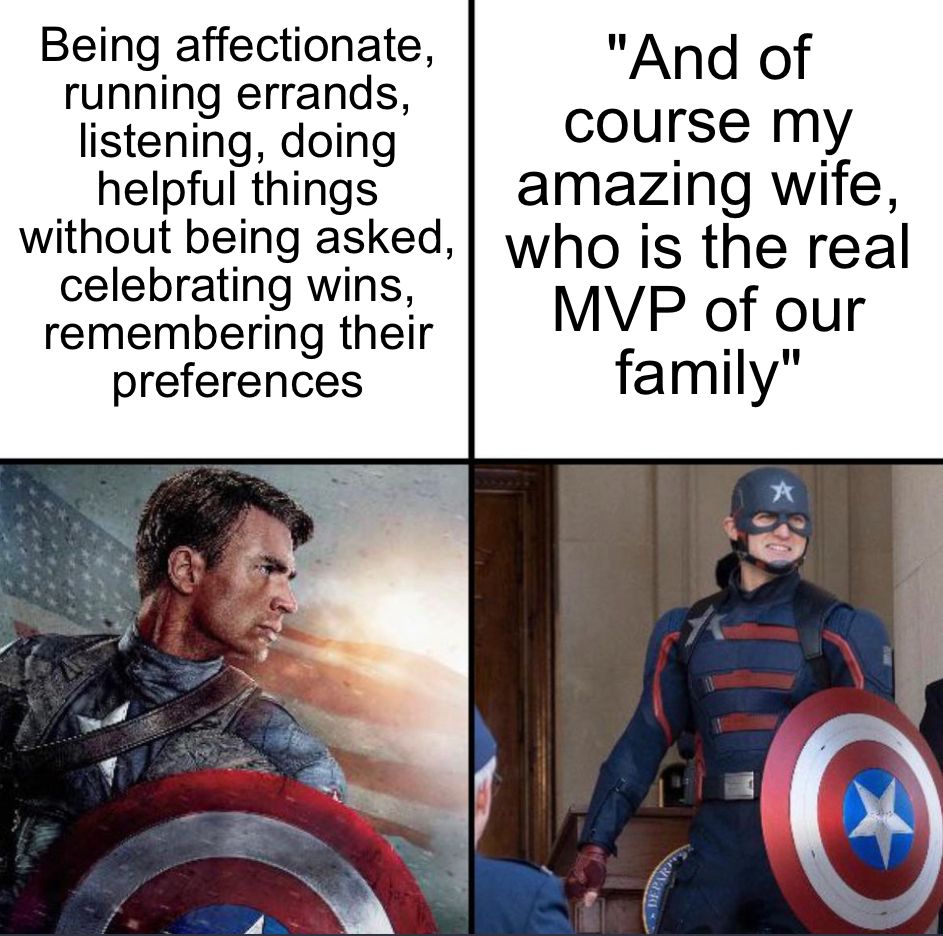
On unwinding commitments at work
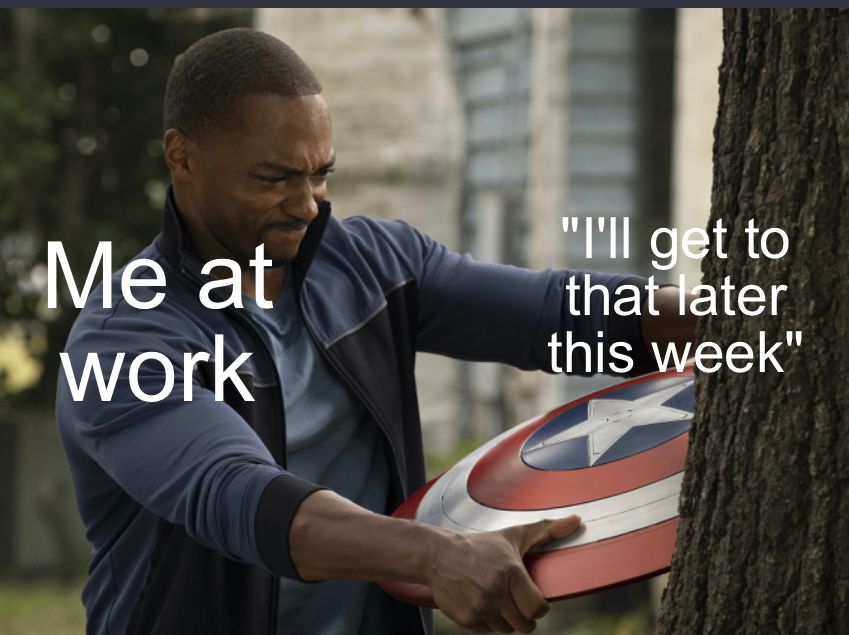
On writing a weekly newsletter
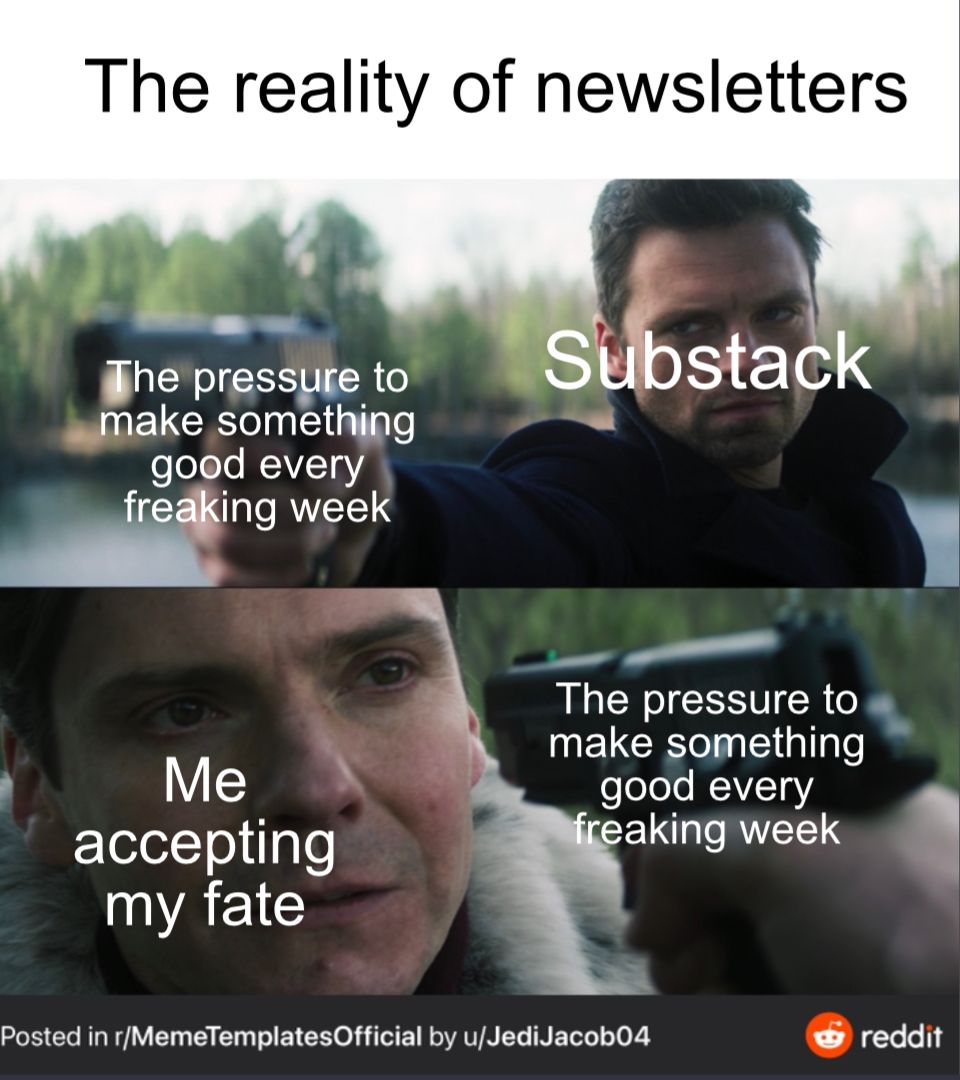
🧠 Finding Your Edge
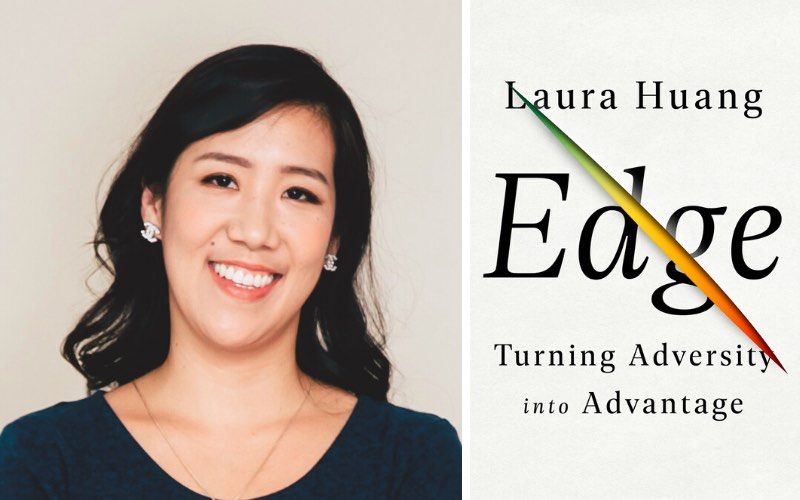
I’m re-reading a book by Laura Huang, a Harvard Business School professor who studied perception and bias as it relates to commerce and the workplace. In her book Edge: Turning Adversity into Advantage, she makes five important points :
- People will make snap judgements about you and those perceptions will absolutely affect how people treat you (often unfairly if you are less privileged)
- Enrich: you gotta figure out how you can provide value to others from your unique collection of strengths, traits, and qualities—and accepting your weaknesses and any constraints about the situation
- Delight: Before you are allowed to deliver that value, you also have to draw your audience in with a pitch, message or idea that’s intriguing, unexpected, and potentially improvised on the spot—to disarm their skepticism and build trust.
- Guide: Once you’re “inside”, you need to find opportunities to redirect how people see you—by acknowledging the biases they likely and pivoting to your unique trajectory and how that allows you to add value
- Effort: When it comes to finding success with others, only after you’ve enriched, delighted, and guided, does effort truly matter. And primarily you want to focus your effort on reinforcing the first three elements, because that’s how you build your advantage.
I have a bunch of quotes from the book that I’ll just share now that you have the main gist of the story. The book packs both a ton of digestible research on perception and bias in professional settings along with really honest personal stories of Huang being stereotyped, under appreciated, or just failing (and the lessons from that)
But the reality rarely plays out that way. What if we think back to Mirai Nagasu and what actually happened? Well, before her triumphant triple axel at the 2018 Olympics, she was unceremoniously shut out of the 2014 Olympics figure skating team. She placed third at the national championships, which should have landed her one of the three spots on the Olympic team. Instead, the United States Figure Skating Association chose to give that spot to Ashley Wagner, who had placed fourth at the championship, by exercising their power of discretion and deeming Wagner a better bet than Nagasu.
-
Research shows that most successful people have a blind spot, a sort of advantage blindness, which can be an unintended result of system justification, but doesn’t have to be. Special treatment just seems normal because it has always been their norm, and they can’t imagine what the alternative would look like.
-
When we figure out our basic goods, it answers the essential question: Where should we devote our limited time in life to achieve the most success? Charlie Munger, Warren Buffett’s right-hand man, fittingly offers the following: “Figure out what your own aptitudes are. If you play games where other people have the aptitudes and you don’t, you’re going to lose.”
-
When we own constraints, magical things can happen. Indeed, when we leverage difficulties and use them as tools to propel us toward success, we start to carve out our edge. We enrich in ways that put the focus on us, rather than on others—as long as we don’t let others dictate our constraints, that is.
-
To illustrate: I found that angel investors who use their gut feel are more likely to identify the home runs—the firms that will return them thirty times their investment or more. Their gut feel doesn’t help them on an overall, will-I-end-up-in-the-positive-or-in-the-negative kind of way, like someone who puts $200 into the stock market to try to make $220 at the end of the day. It helps them when they are willing to put in $200 and risk losing it all so that they might end up with $20,000.*
-
Hard work alone was not going to help her meet that month’s quota. No one was buying jewelry from a woman who spoke broken English. So not knowing what to do, she decided to try doing the opposite of everything that she had done up until that point—as is her personality—just as a test to see what would happen. Whereas she used to eagerly approach customers as they came in the door, she now gave a nonchalant greeting. Whereas she used to assert her knowledge of gems, she joked with customers that she wasn’t an expert in judging quality or rarity, but she was the best at knowing what was pretty and what was ugly. A few weeks later, my mother became the top-selling jewelry salesperson in the store. She started to earn repeat customers, who would even bring their friends in to meet the “sassy, sarcastic jeweler.”
-
When bias is confronted directly, it often leads to backlash in the form of increased prejudice and discrimination. Psychologists Alexander Czopp, Margo Monteith, and Aimee Mark even found that confrontations not only increased the hostility of the person being confronted but also created negative self-directed, internalized emotions in the confronter. Focusing on behavioral change and structural interventions that may not require you to address bias specifically sometimes gets you much further.
-
My journey, my trajectory, was one in which I was not told what to do, but was instead given support and encouragement to explore my own research passions. Where others had been given a passion project, I had discovered mine by having to go out there myself to struggle and figure out a phenomenon. In turn, I had answered an unanswered, previously unsolvable question: the role of gut feel in entrepreneurial investment decisions—something that very much ran counter to traditional economic theory and entrepreneurial finance, which no one else had dared study. And as a result, I had produced one of the most novel and interesting dissertation topics out there. This trajectory wasn’t the shiniest or prettiest—but it did offer something special and unique. No one else had had the trajectory that I’d had, nor the story and the resulting research that I had to offer.
Read the whole thing: Edge: Turning Adversity into Advantage or see Huang’s talk at Google
👉 Reflected Best Self
Following up from Edge, a natural question emerges, which asks: how do we understand our unique strengths / ways of enriching? Self awareness is incredibly hard and we often have inflated views of our abilities while simultaneously downplaying other strengths or valued qualities
To get around this, you can do what’s called a Reflected Best Self Exercise. This involves 3 steps:
- Select a group of people from different areas of your life: work (past and present), community/friends, family
- Ask them to tell you about your unique strengths and abilities and moments where they saw or experienced you demonstrating those and the impact they had on you. It can feel weird but the key is asking them to only to focus on strengths, not weaknesses.
- Identify themes from these conversations (or survey submissions) and compose a “self portrait” in words (and visuals if you’d like) that showcase what you bring to a situation at your best.
Final / bonus step is to start redesigning your job or how you approach your work / life to lean into those strengths, and essentially follow the EDGE model.
I did about 2/3’s of this exercise right before starting at Facebook last summer and I’m using this as an opportunity to review those findings and actually do the step 3 haha.
Learn more about the Reflected Best Self Exercise here (HBR.org)
That’s it for this week!
-Jason
👨🏻💻 About Me
Jason Shen is an entrepreneur and business leader passionate about technology and human resilience. His past startups have reimagined transportation, recruiting, and gaming; backed by notable investors at Y Combinator, Techstars, and Amazon. As an operator, he’s built products and led teams at companies like Facebook, Etsy, and the Smithsonian.
Jason has written about productivity, resilience as well as the future of work in publications like Fast Company, Vox, TechCrunch and has spoken at events at TED, Google and The White House where his ideas have reached millions. He lives in Brooklyn with his wife, two kettlebells, and many piles of books.
